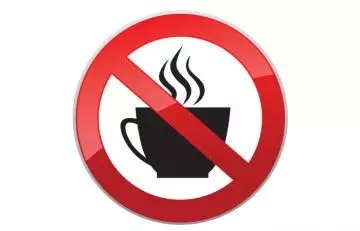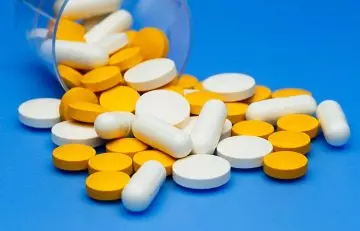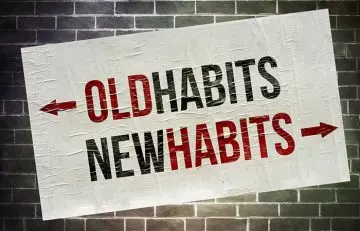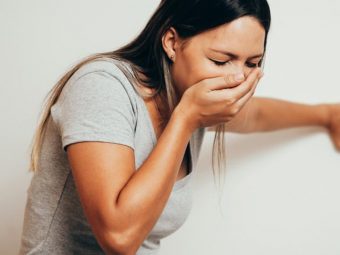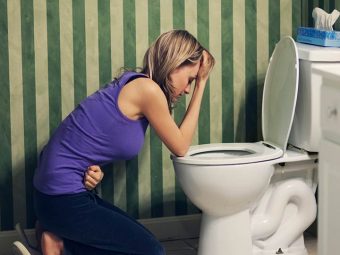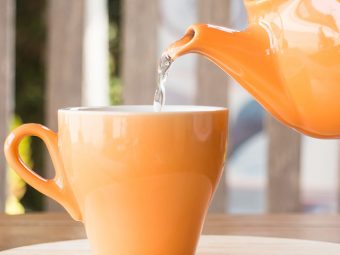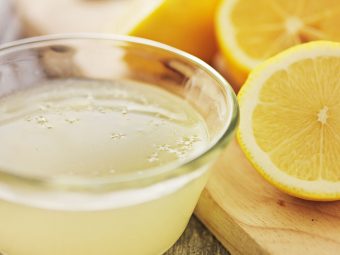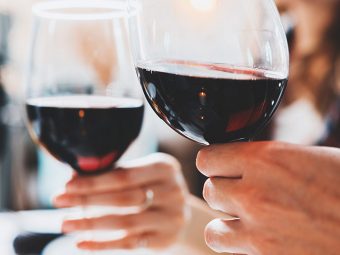How To Stop Drinking Alcohol, On Your Own

Image: iStock
Everybody has their own struggles.
Growing up, we have all witnessed loved ones, and friends struggle with various addictions, along with their floundering efforts to stay away. Some were haunted by the demons of alcohol and drugs. Others may have struggled to slay their compulsions for sugar and junk. You could have spent your entire life experimenting with the ends of the spectrum, the dark, and the light, trying to determine the color in which you appear the best.
The fact is we are each plagued with the curse of our own making. Some of us are trying in earnest, to undo the damage with assorted therapies, but our expectations for a miraculous transformation in a single session are too ambitious. Life isn’t a simple Ctrl-Z. It is a struggle to persevere. To get back on the wagon after that inevitable fall. Yet even in the cycle of quitting and rejoining, there are lessons to be learned.
The following are some of the most effective tips for completely quitting, reducing or simply obliterating your dependence of alcohol by people who’ve struggled, made mistakes and learned the hard way before you:
Arm Your Body With The Ammunition It Needs
This probably won’t be a small battle, but a lifelong war and your body should be strengthened to endure.
1. Try To Reduce Or Eliminate Your Caffeine Intake
Yes, so you ‘need’ your morning coffee to kick-start your day. However, your innocent coffee may be contributing to more harm than good. Studies show caffeine taken in the morning can be instrumental to anxiety suffered in the evening. If you’re drinking in the evening to get rid of anxiety, think about cutting out your morning coffee.
3. Take A Multivitamin and Eat Vegetables
Alcohol taken on an empty stomach can actually destroy the lining of your stomach, which leads to difficulty in absorption of nutrients. More interestingly, studies state that alcohol dependency is due to a B vitamins deficiency. But drinking alcohol depletes B vitamins. And B vitamins are needed to manage stress! So if you’re drinking to deal with stress, you’re probably depriving your body of the very gun it needs to shoot stress in the face.
4. Start Actively Treating Your Stress
Those who’ve actually struggled with alcohol addiction claimed complementary therapies on the side, for relieving anxiety and nervousness, would greatly calm them allowing them to focus on fighting the root cause of their addiction. The following are a few options:
- GABA: An amino acid that is one of the main neurotransmitters in your central nervous system. It stimulates your brain receptors, calming your brain activity.
- CALM: Also calms your nervous system. Contains magnesium.
- Melatonin: Studies show that MSG, fluoride and the sweetener, aspartate, can stop the production of the sleep hormone melatonin. If you’re drinking because you struggle to sleep, this could be a supplement worth considering.
- Valerian: Can slow down your nervous system and is used to combat psychological stress and anxiety.
- Ginseng: Shown to enhance your stress coping abilities. Ginseng’s anti-stress effects are in the adrenal gland, where it delays and decreases the severity of your body’s fight or flight response to stress.
Caution: Please consult your physician before taking any supplements!
Determine Your Habits/ Rituals And Break Them
- If you usually stop at a bar when traveling back home from work, take another route.
- If you have a habit of drinking the minute you’re home, then promise yourself that you will drink water, tea or any other non-alcoholic beverage BEFORE you begin your drinking.
- If you drink only later in the night, after 8-9 pm, hop off to the cinema so that you’re not home free to imbibe.
- If you were drinking with no count, consider rationing your drinking. Measure out your portions and steadily cut them down over time.
Always Be Prepared
- If hunger or thirst is your known motivators to drink, then always travel out with water and snacks.
- Always have your supplements on you, so you have them in times of need.
- Know that having thoughts and impulses of craving are normal. It’s not a sign that you’re failing, simply a part and parcel of the process. Just don’t act on them.
- If you’re working with a practitioner, record the circumstances, time and place of these impulses. They can provide useful clues in your treatment plan.
Concentrate On Another Activity To Rapidly Quit Drinking
If the cause for your drinking is not physiological dependence but simply habit and self-medication, then if you quit now, the damaging effects of alcohol will be flushed out of your body in just a few days. If you’re able to hold it up for the first couple of tough days, the rest will gradually be easier.
A great idea would be to put your full focus on another activity that prevents you from having time to think about alcohol. The activity you choose requires your full attention mentally otherwise, your efforts will be pointless.
And Finally A Reality Check. Stop whining. Stop ranting about how hard this is. If you’re in actuality serious about quitting anything, then you need to take the initiative. Be prepared to give up whatever it takes. Actively come up with creative solutions and alternatives to help you succeed.
Many people will tell you they want to quit something. But if they’re being completely honest, that’s a lie. What they actually want is to keep it. They don’t want to feel guilty about their addiction. They want the constant scrutiny and negative judgment for their ‘bad’ habit to stop. They want their behavior to not come with a price.
But everything has a price. The question is, what are you willing to pay? And perhaps the more pertinent question, can you really afford to pay?


